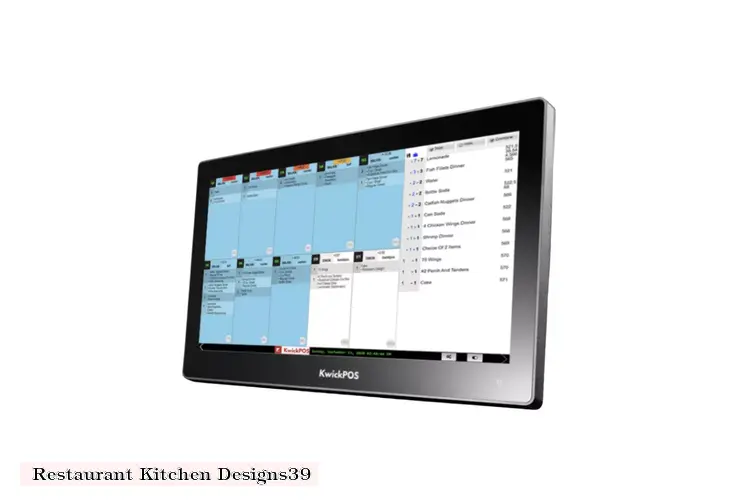

1. Space Planning: The kitchen should be designed to maximize the use of available space while ensuring efficient workflow. This includes arranging equipment and workstations in a logical order that minimizes the distance between them.
2. Equipment Selection: Choosing the right equipment is essential for efficient food preparation and cooking. The type of equipment needed will depend on the menu and cooking techniques used. For example, a restaurant that specializes in grilled foods will require different equipment than one that focuses on sautéing or baking.
3. Ventilation: Proper ventilation is critical in a restaurant kitchen to remove heat, smoke, and odors. This includes exhaust hoods, fans, and makeup air systems.
4. Safety: Safety should be a top priority in any kitchen design. This includes slip-resistant flooring, proper lighting, and easy access to fire suppression equipment.
5. Storage: A restaurant kitchen requires ample storage for food, supplies, and equipment. This includes refrigeration and freezer space, dry storage, and equipment storage.
6. Ergonomics: Kitchen design should take into account the physical demands of food preparation and cooking. This includes adjustable workstations, easy-to-reach shelves, and well-placed handwashing sinks.
7. Energy Efficiency: Energy-efficient equipment and design elements can help reduce utility costs and minimize the restaurant's environmental impact.
By carefully considering these elements, restaurant owners can create a kitchen design that meets their specific needs and supports the success of their business. It is recommended to work with a professional kitchen designer or consultant to ensure a functional and efficient design. Regular maintenance and updates to the kitchen design can also help ensure the kitchen remains safe, efficient, and up-to-date with industry standards and trends.
DISCLAIMER: This information is provided for general informational purposes only, and publication does not constitute an endorsement. Kwick365 does not warrant the accuracy or completeness of any information, text, graphics, links, or other items contained within this content. Kwick365 does not guarantee you will achieve any specific results if you follow any advice herein. It may be advisable for you to consult with a professional such as a lawyer, accountant, or business advisor for advice specific to your situation.
today
Copyright © 2026 Kwick365.com
Designed by KwickPOS is the best restaurant POS